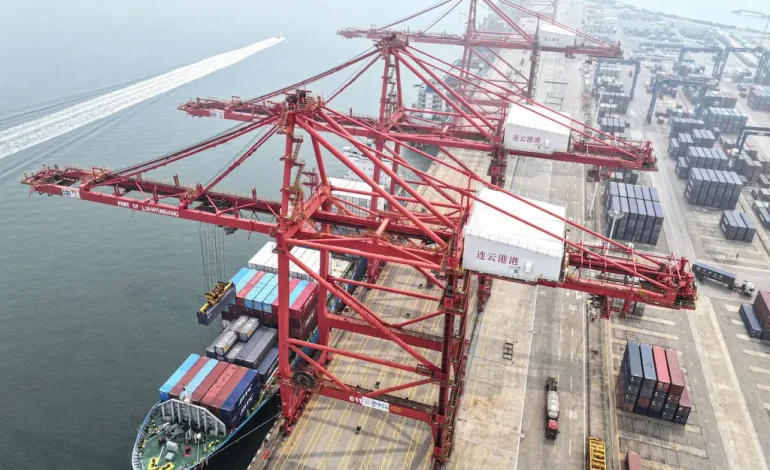As President-elect Donald J. Trump prepares to enter his second term, many investors are pondering how his administration will affect financial market, the New York Times reports.
Trump’s deep interest in market performance—evident in his frequent boasts about stock gains during his first term—indicates that markets could play a critical role in shaping his policy decisions. But can they act as a meaningful check on presidential power?
Trump’s close attention to the markets suggests that financial performance could serve as an informal restraint. His administration’s decisions often reflect a desire to maintain investor confidence. For example, his appointments of experienced financial professionals like Scott Bessent as Treasury Secretary signal efforts to reassure markets. Bessent’s pragmatic approach, reminiscent of Steven Mnuchin from Trump’s first term, has already boosted investor confidence, as evidenced by a rally in stocks and bonds following his appointment.
Yet Trump also shows a willingness to challenge market sentiment when pursuing core policy objectives. His recent announcements of tariffs—25% on Canada and Mexico, and 10% on China—caused little market turbulence, with the S&P 500 continuing its upward climb, hitting record highs. This suggests that while markets may influence Trump’s decisions, they won’t entirely deter him from bold, controversial actions.
Trump’s economic agenda, which emphasizes tax cuts and deregulation, is broadly welcomed by investors. Optimists like economist Ed Yardeni foresee a potential economic boom reminiscent of the “Roaring Twenties.” However, concerns remain about the impact of tariffs and immigration policies. Tariffs, for instance, are typically seen as detrimental to growth, raising prices for consumers and complicating international trade. Yet the markets have largely shrugged off these risks, focusing instead on the prospect of continued tax relief and regulatory leniency.
Trump’s pick for the National Economic Council, Kevin Hassett, also underscores the administration’s market-friendly posture. Hassett’s past missteps in predicting market trends (as with his book Dow 36,000) may raise eyebrows, but his experience suggests a strong focus on fostering market growth.
Trump’s tariff threats against Canada, Mexico, and China have stirred diplomatic tensions, but market reactions remain calm, reflecting a belief that his rhetoric may be part of a negotiating strategy. Despite protests from foreign leaders, markets seem to trust that Trump will ultimately prioritize economic growth over disruptive trade policies. The resilience of the US stock market—up more than 30% over the past year—indicates investor confidence in Trump’s economic stewardship.









